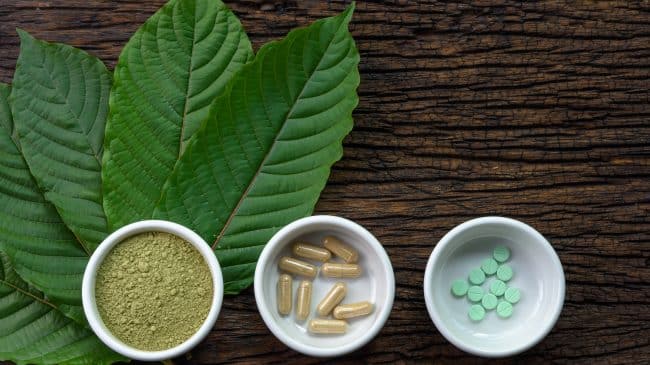Kratom has life-saving potential as an opioid substitute, demonstrates promise as a therapy for opioid withdrawal, and has been shown to be remarkably safe even among heavy users. Banning kratom could potentially cut off a lifeline for many people struggling with opioid addiction, and would complicate research into a potential remedy for opioid addicts at a time when such research is desperately needed.
While kratom is an intoxicant, with the inherent risks of all intoxicants, it appears to have low to no mortality. Kratom has clear psychoactive properties, can trigger days of painful withdrawal symptoms, and has addiction potential, but none of these conditions is severe enough to amount to a substantial risk. The risks of banning kratom may be higher: it may result in kratom users reaching for other, more dangerous opioids. Concern about kratom’s limited risks is likely best resolved by public information rather than prohibition.
Much is still unknown about kratom, and new research could call for these conclusions to be reevaluated. For now, the sale of kratom appears to provide a valuable service to many at minimal risk to the general public.
